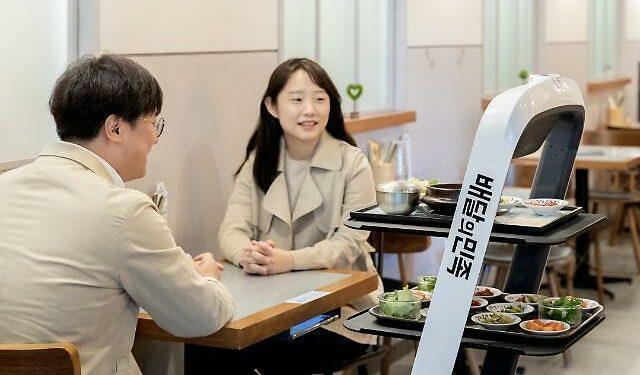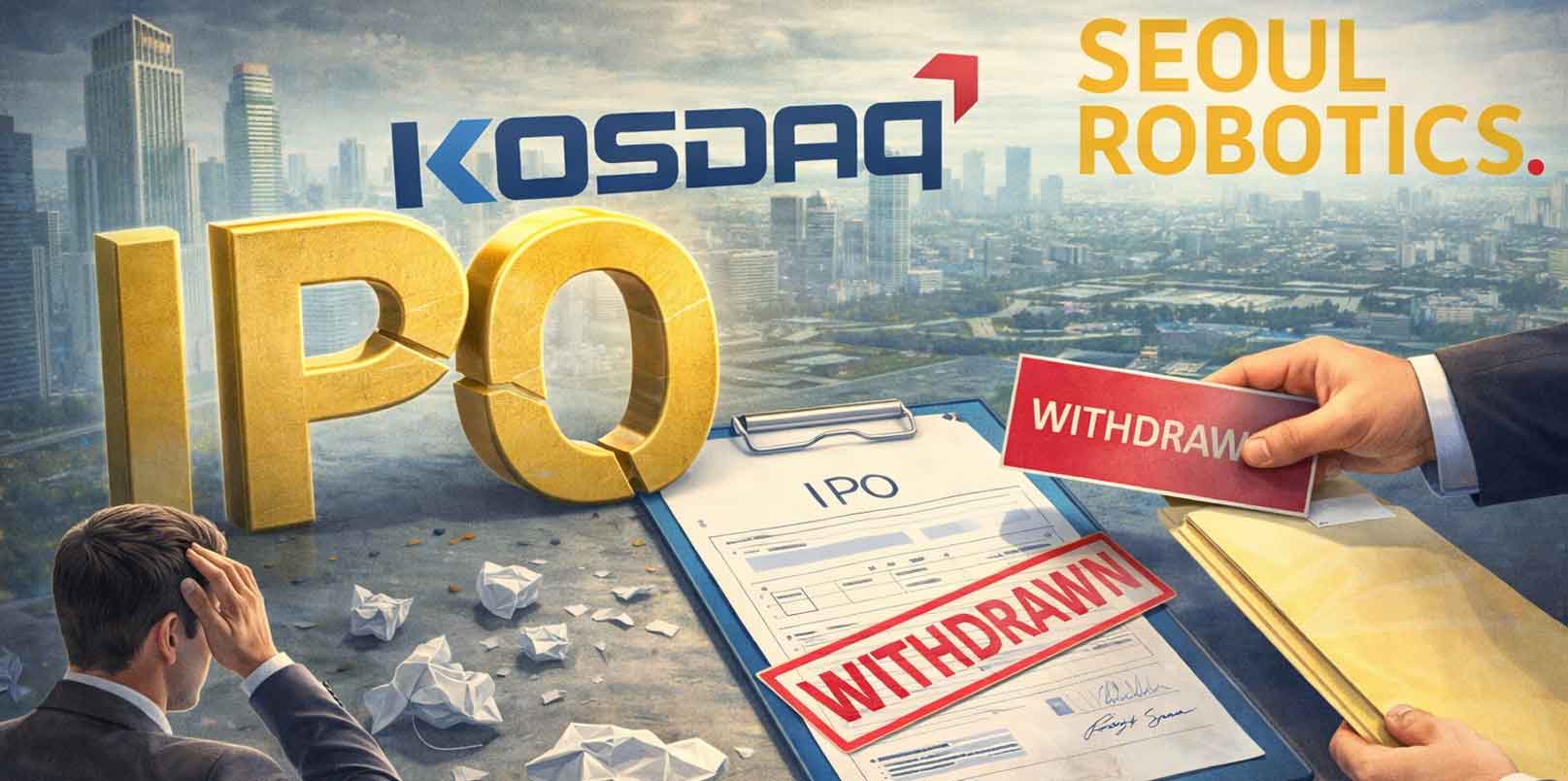The period in the world when robots will take over most manual tasks is not far away. The COVID-19 pandemic has accelerated the process, and startups and companies in robotics technology are creating revolutionary changes. Korean startups lead in robotics innovation, introducing the technology for industrial and commercial use.
Korean startups developing serving robots and technology are drawing deep interest from investors, corporate giants and the government. In South Korea, various service robots have been operational inside restaurants and stores, maneuvering around and serving customers. The top food delivery service operator Baedal Minjok has the most number of service robots deployed, some 630 deployed in about 500 restaurants.
Manufacturing world-class serving robots
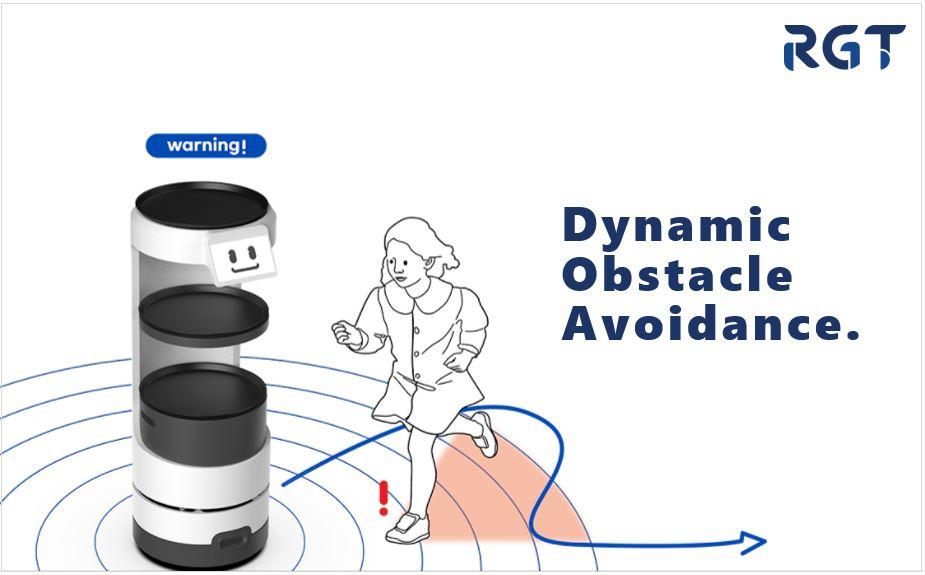
Serving robot development startup, RGT has been selected for ‘TIPS, ‘a technology startup investment program by the Ministry of SMEs and Startups. Founded in 2018, RGT provides a total solution for the entire process from development and manufacturing to distribution and management of multi-functional modular serving robots with 100 % domestic technology.
RGT’s Alti serving robot is equipped with autonomous driving technology that recognizes its surroundings without a separate guidance device. It detects the movement of space and people in real-time to perform safe and quick service. Alti has been selected for TIPS through the recommendation of CNT Tech. The startup plans to receive about 500 million won in support over the next two years, and these funds will be used for research related to autonomous driving.
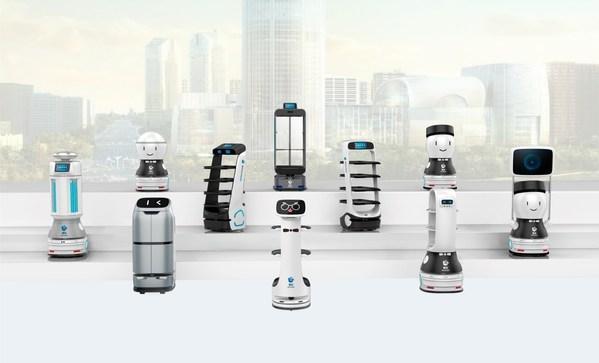
Keenon Robotics is another Korean startup that leads in the hospitality robot sector. Keenon Robotics’ food delivery robots were introduced to Storant in 2020, one of the world’s first 24-hour contactless robot cafés in Daejeon, South Korea. It utilizes Keenon robots to deliver coffee to designated tables.
Founded in 2010, Keenon uses AI technology and is the leading commercial service robot company. The startup received $200 million in series D funding led by SoftBank Vision Fund 2 in 2021. It also entered a global strategic partnership with SoftBank Robotics and jointly launched the food delivery robot Keenbot in the Asia Pacific market. Keenon Robotics Co., Ltd. showcased its entire product line of restaurant service robots, hotel service robots, and disinfection robots at Robot World 2021.
‘Made in Korea’ Robots capturing the world
Silicon Valley-based robotics startup ‘Bear Robotics’ has attracted 100 billion won ($82 million) of Series B investment. This is the largest scale in the history of the service robot industry. Bear Robotics’ Series B investment was led by IMM PE (IMM Private Equity), Korea’s leading private equity fund manager, and Cleveland Avenue (Cleveland Avenue), a famous US investment company, KT, Smilegate, and DSC Investment participated. With this investment, Bear Robotics’ accumulated investment amounted to exceed 145 billion won, including the 37 billion won Series A led by Softbank in 2020.

Bear Robotics is the first service robot company to start mass production of the serving robot ‘Servi’ in Korea in 2020. ‘Servi’ is supplied through strategic partnerships and direct sales with KT and SoftBank Robotics in Korea, Japan, and the US. In Korea, Paris Croissant, TGIF, VIPS, ON THE BORDER, and Seorijae, as well as Japan’s Yakini Cooking, American Chili’s and Dennis, use ‘Servi.’ The ‘Made in Korea’ serving robots made with industry-leading technology are actively being exported to the global market beyond the domestic market. Bear Robotics was started as a side job by CEO Ha Jung-woo, a former Google engineer.
Corporate giants investing in service robots
Korea’s largest telecom company KT announced recently that it had signed a cooperation agreement with Menutok, a domestic unmanned food ordering service solution developer. KT would jointly create a cooperation network model for AI service robots and an unmanned ordering platform and carry out joint promotions for AI serving robot-based businesses.
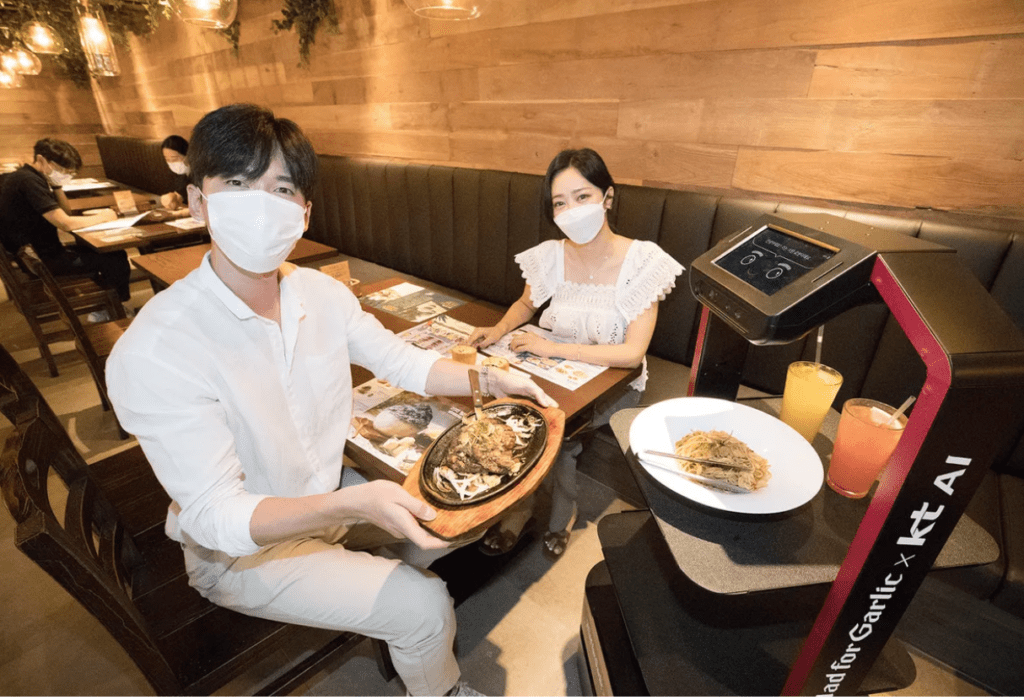
The two companies will provide AI service robots and unmanned ordering solutions to hotels, cafes and golf resorts. Customers can make orders using tablet PCs and a robot will deliver food and drinks. The whole dining process will be carried out via a non-contact process as the serving robot will pick up the tray and dishes when customers have finished eating.
In 2020, KT had introduced a smart robot food server, powered by Artificial Intelligence (AI) and other latest technologies, at a Seoul franchise of Mad for Garlic, a major nationwide restaurant chain. In 2021, KT partnered with Russian autonomous rover maker Yandex Self-Driving Group and planned to launch autonomous delivery vehicles in Korea before 2022. This may fulfill the South Korean government’s goal of introducing robots on road by 2023.


